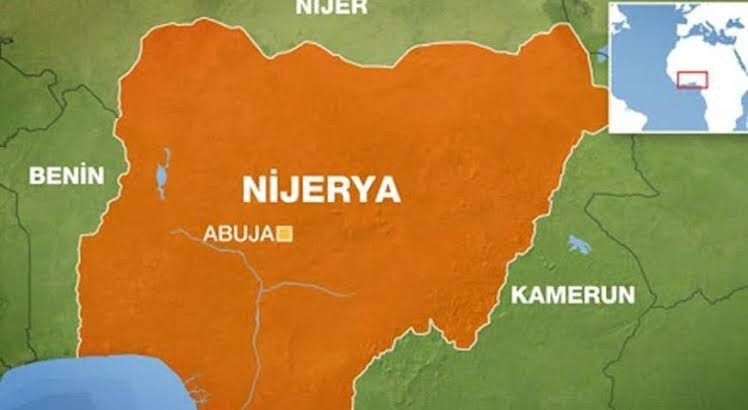Nigeria’s inflation rate rose to 33.88% in October 2024, surpassing the 32.7% recorded in September.
According to data released by Nigeria’s National Bureau of Statistics (NBS), the main reasons for this increase are rising transportation costs and rising food prices. The NBS reported that the food inflation rate increased by 7.64 percentage points compared to the previous year, reaching 39.16%. The rise in the prices of Guinea corn, rice, corn kernels and oil was particularly effective in this increase.
The country’s main economic challenges have exacerbated inflationary pressures that persist through 2024. With the record decline in the exchange rate and the removal of oil subsidies, Nigerians faced rising living costs and economic pressures. President Bola Tinubu’s decision to remove gas subsidies in May 2023 sparked public anger and protests. Analysts note that the reforms were not backed by adequate measures to mitigate economic shocks, deepening the crisis.

















